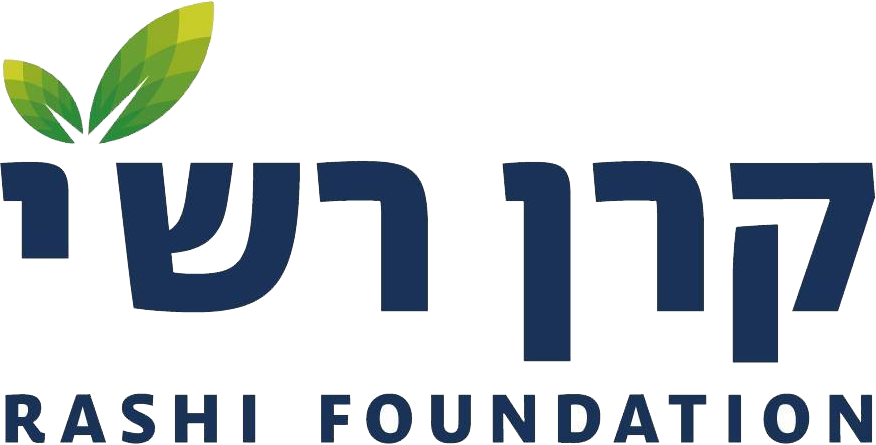We are happy to share a guest post by Hadas Levi Billig, Programs Manager at Rashi’s Cyber Education Center that offers opportunities to children and youth in the geo-social periphery to excel in cyber-tech – a field that can set them on a path of social-economic mobility towards a promising future.
______________________________________________________________________________
Excellence is a worldview and a way of life; it’s not a state but a process, not an innate trait but something you have to develop. Excellence is an engine that drives you forward through curiosity, exploration, creativity and innovation.
We often tend to think that those who succeed must have a special talent or gift. According to psychologist Angela Duckworth, excellence can be taught, and the key to achievement is what she calls ‘grit’ – perseverance and determination to get ahead.
Duckworth compared the long-term outcomes of school students based on their math scores. She found that those who were at the top of the class and had an easy time of it, showed a mediocre performance in university, while some of the less talented students excelled later on.
How did they succeed? By working persistently to get better, eagerly trying again and again to overcome the difficulties.
Teaching children to focus on the process and work hard can make up for a lack of “natural” talent. The main point is to change how they react to failure: I failed because I made a mistake, which means it’s in my power to correct it. Today’s outcome is just a point on the learning curve.
We aim to make children realize that practice makes perfect, in the classroom as in a basketball court. Learning is a process of goal-oriented practice, which is the basis for building capabilities and making significant progress. In order to fulfill their potential and achieve excellence, children need an opportunity to practice from an early age.
The field of technology provides this opportunity. In particular, learning to code develops in young children valuable traits such as determination and drive. Coding encourages creativity, because the same goal can be reached in different ways. For example, in the ‘Code Monkey’ game taught in elementary schools, you can lead a monkey to a banana in ten steps – or in five, through a shortcut.
In both cases the monkey will get the banana, but you will earn more points by working to find the best solution. In this way, children learn the importance of examining the various options and planning ahead. They also learn to think methodically and write precise and clear instructions for the computer to follow.
Aware of the benefits of training in technology, computers and cyber, the government of Israel partnered with the Rashi Foundation to establish nationwide informal education programs such as Magshimim and StarTech. These programs, targeting children and youth from the geographic and social periphery,
operate under the Cyber Education Center whose goal is to promote excellence through technology.
Technology is everywhere, profoundly changing our lives as the agricultural revolution, the printing press and the industrial revolution did in the past. If you learn how, technology can also serve as a powerful tool for solving real-life problems in creative ways. We can and should use technology to advance excellence, and encourage those who have the knowledge and capabilities to apply them for the good of society.












